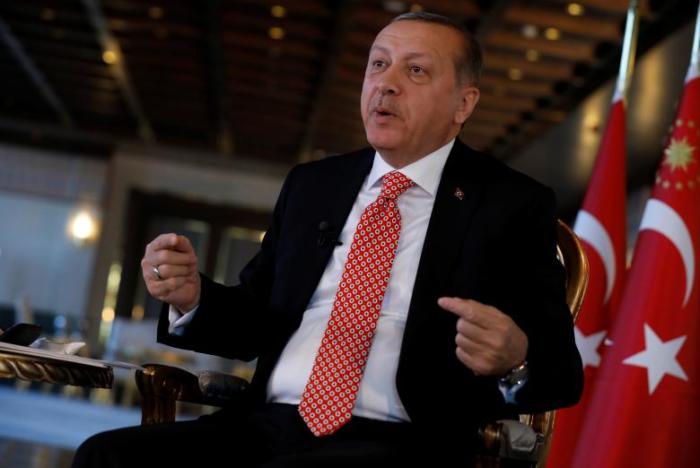Turkey expelling 2 US Christian workers after deporting 16 others this year

Correction Appended
In what appears to be an official campaign to rid Turkey of foreign Christian workers, the country’s authorities have sent deportation orders to two American Christian workers, according to a religious persecution watchdog.
At least 16 foreign Christian workers have been expelled from the overwhelmingly Muslim country this year, and two American Christians – Joy Subaşıgüller, who is married to a Turkish pastor, and Pastor Zach Balon of New Hope Church in Istanbul – are the latest targets of the government of President Recep Tayyip Erdogan.
Turkey’s Ministry of Interior has told Subaşıgüller that her residency permit has been revoked, and Pastor Balon was told he wouldn’t be allowed to return to Turkey as he was about to fly from Istanbul with his family, according to the U.K.-based Christian Solidarity Worldwide.
Balon canceled his flight and filed an appeal but that may not protect the pastor, as such appeals have been unsuccessful in the past, CSW fears.
The group’s chief executive, Mervyn Thomas, called the expulsions “deeply worrying.”
“These workers had all the necessary legal documentation to live and work in the country, yet they are being deported by a government that continues to crack down on Christianity in line with a guiding ethos that equates being Turkish with being Muslim,” Thomas said. “Worse still, in several cases deportation may result in the separation of families.”
Thomas called on the Turkish government “to uphold the right to freedom of religion or belief for all citizens, and to end the deportation of these Christian workers, who are legally resident in the country.”
Challenged by the opposition party, which has called for early elections, Erdogan is desperate to gain support among his conservative base, according to reports in local media.
Erdogan is supporting calls for Istanbul’s Hagia Sophia museum, which was the seat of the Ecumenical Patriarchate of Constantinople for 900 years before being converted into an Ottoman mosque, to be turned back into a mosque.
Turkey’s highest administrative court, called the Council of State, held a hearing last week and said it would make a ruling within 15 days on the future of Hagia Sophia, according to BBC.
U.S. Secretary of State Mike Pompeo has urged Turkey to “continue to maintain the Hagia Sophia as a museum, as an exemplar of its commitment to respect the faith traditions and diverse history that contributed to the Republic of Turkey, and to ensure it remains accessible to all.”
Turkey is considered a Tier 2 Country of Particular Concern by the United States Commission on International Religious Freedom.
Persecution watchdog Open Doors USA has earlier noted that missionaries to Turkey were under increasing scrutiny.
North Carolina missionary Andrew Brunson was arrested and detained in Turkey for over two years before his release in 2018 on charges of terror connections, espionage, and “Christianization,” deemed a “hostile act.”
Brunson, who spent over 23 years in Turkey before his arrest, told USCIRF in June that he knew of dozens of foreign church leaders and their family members that Turkey had deported in previous months for being a “threat to national security.”
Correction: This original version of this article has been corrected to reflect that Hagia Sophia was the seat of the Ecumenical Patriarchate of Constantinople. The structure was built prior to the Great Schism in 1054 which led to the split between the Roman Catholic and Eastern Orthodox churches. This story was corrected on June 1, 2023.





























